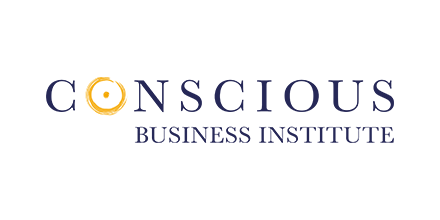Existing methods of business and leadership are not fit for today’s times. To achieve different results, we need a new approach. So, how can firms develop the next generation of leaders, create collaborative teams, and realise inspiring, purpose-driven cultures?
We can’t just go back to business as usual
Besides forcing the world into lockdown for much of the year, the COVID-19 crisis is having some major long-term impacts on our way of life. One pertinent example is the effect that the shift towards home and remote working has had on air pollution around the world.
In Delhi, levels of the harmful gas nitrogen oxide fell by more than 70%. European cities have seen similar results and are attributing the change to a fall in traffic, with Milan reporting a 75% drop in congestion on its roads. However, the temporary nature of this reduction is already emerging. Air pollution levels have already returned to pre-lockdown levels in China’s cities – amid fears Europe’s urban centres will experience the same rebound.
Air pollution is just one issue, but it’s an important example of how the world needs to change. As the UN Economic Commission for Europe says, the next step ‘cannot simply be a return to business as usual’. We can’t return to systems that cause harm to the people within them. That’s why business needs to be recalibrated. Firms must focus on their core social values, making sure they feed into every area of the business – and this begins with a workplace culture built on purpose.
The importance of purpose in workplace culture
There are many good reasons to create a purpose-driven culture in your firm. Firstly, it’s an important element in achieving overall business goals. A Deloitte survey found that 87% of executives believe that their businesses perform better over time if they have a purpose beyond profit.
Other research indicates that nine out of ten leaders believe that improving their company culture would increase their overall business value and performance. Conversely, 85% see an unhealthy workplace culture leading to unethical behaviour.
Perhaps, most importantly, 84% of executives say that a strong sense of collective purpose can affect an organisation’s ability to transform. If firms don’t have that social purpose, they’ll be unable to move past the failed systems of the past and create a more positive relationship with their workers or with the communities they operate in.
The need for change in leadership approaches
Despite recognising the importance of a positive culture, only 15% of firms with more than 1,000 employees rate their efforts to deliver cultural change as ‘highly’ successful. So, if we want to build sustainable businesses with a clear purpose, we need to change the way they’re led and the relationships they build with employees.
The problem for businesses is that they don’t have the time to sit around working out how to deliver this. With much of their workforce still logging on from home, firms need to focus on how to keep their culture functioning as they adapt to and thrive within a new world of work.
It’s also vital for leaders to develop a vision of what comes next and how their culture continues to deliver purpose. So, what’s next for your firm? How are you working to build a culture that prioritises purpose and reimagines your business?
Discover more about how firms can rethink their approach to leadership, creating purpose-driven cultures that drive business success. Watch the full Future of Business & Leadership panel at the TechCity Connect industry event below, and watch the full day of expert insight on-demand, here.



